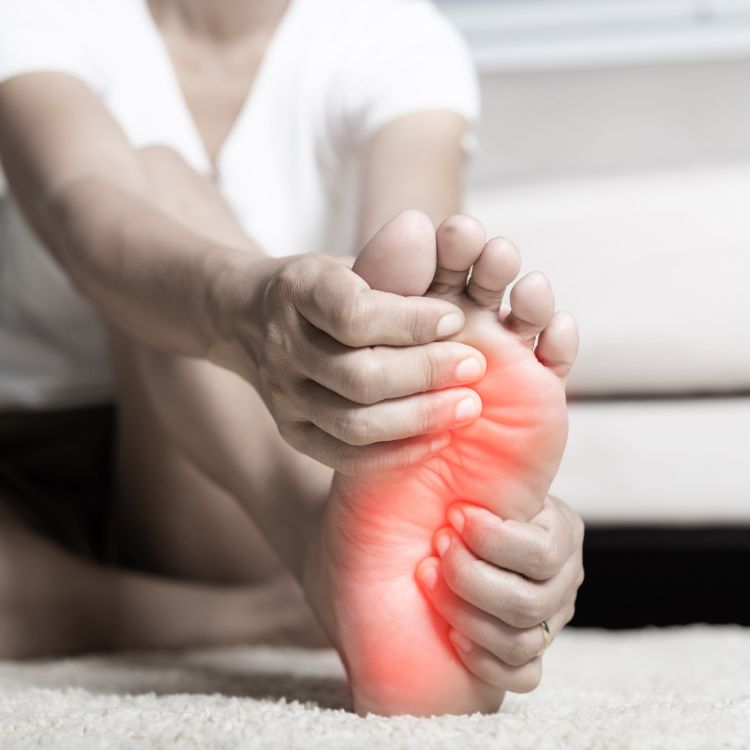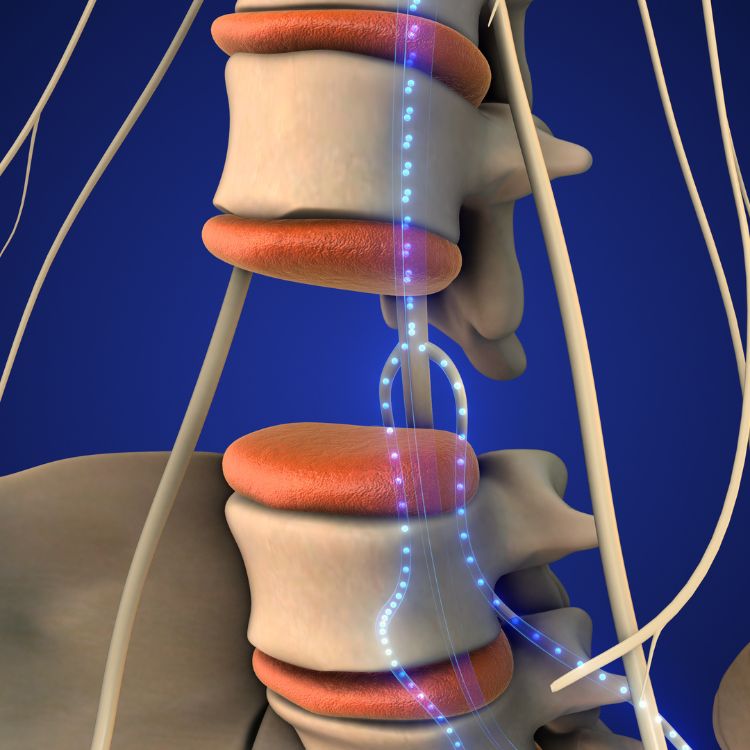What Is Diabetic Neuropathy?
Diabetic neuropathy is a type of nerve damage condition that can affect those with diabetes. It occurs when you have high blood sugar levels, which can damage your nerves over time. There are four main types of diabetic neuropathy:
Peripheral Neuropathy
The most common type of diabetic neuropathy, peripheral neuropathy, typically affects the legs and feet, though it can also develop in the arms and hands.
Autonomic Neuropathy
This type of neuropathy damages the nerves that control your internal organs, which can affect your sweat glands, digestive system, bladder, reproductive organs, and more.
Focal Neuropathy
A focal neuropathy condition is typically linked to single nerves, often in your hand, leg, or torso. Some of these conditions include carpal tunnel syndrome and entrapment syndrome.
Proximal Neuropathy
The rarest of the four diabetic neuropathy conditions, proximal neuropathy is characterized by severe damage to the nerves in your hip, thigh, or buttock.
What Are the Symptoms of Diabetic Neuropathy?
The diabetic neuropathy symptoms you experience depend entirely on your type of condition. Some of the most common symptoms include:
- Pain
- Burning
- Tingling
- Numbness
- Muscle weakness
- Loss of reflexes
- Loss of balance and coordination
- Foot ulcers
- Constipation
- Vaginal dryness
- Excessive sweating
- Increased heart rate
- Erectile dysfunction
- Urinary incontinence
- Abdominal swelling
- Weight loss
Diabetic neuropathy symptoms tend to flare up when your blood sugar is too high and gradually subside when it’s under control.
How Is Diabetic Neuropathy Treated?
The best way to manage your diabetic neuropathy at home is by consistently keeping your blood sugar levels within your target range. To relieve pain and alleviate many other diabetic neuropathy symptoms, Advanced Pain Management offers the following treatments:
Medication Management
Some of the most common diabetic neuropathy medications are antidepressants and antiseizure medications. The Advanced Pain Management team can help integrate a medication management plan into your diabetic neuropathy treatment to keep your blood sugar levels stable.
Injections
The team can inject anesthetics into your nerves to stop them from sending pain signals to your brain. This helps ease the symptoms of diabetic neuropathy so that you can regain function of your affected limb without pain.
Spinal Cord Stimulation
Spinal cord stimulation is a type of neuromodulation that can help treat neuropathic pain by targeting the damaged nerve tissue itself. It is often used to reduce neuropathic pain caused by diabetic neuropathy.
Other Diabetic Neuropathy Treatment Options
At Advanced Pain Management, our team offers a variety of treatments to help ease nerve pain and improve your quality of life. Depending on your individual needs, we may also recommend:
- Nerve blocks
- Radiofrequency ablation
- Peripheral nerve stimulation
The Advanced Pain Management team takes a balanced and holistic approach to your pain management, developing a plan to provide the best relief from your symptoms.



